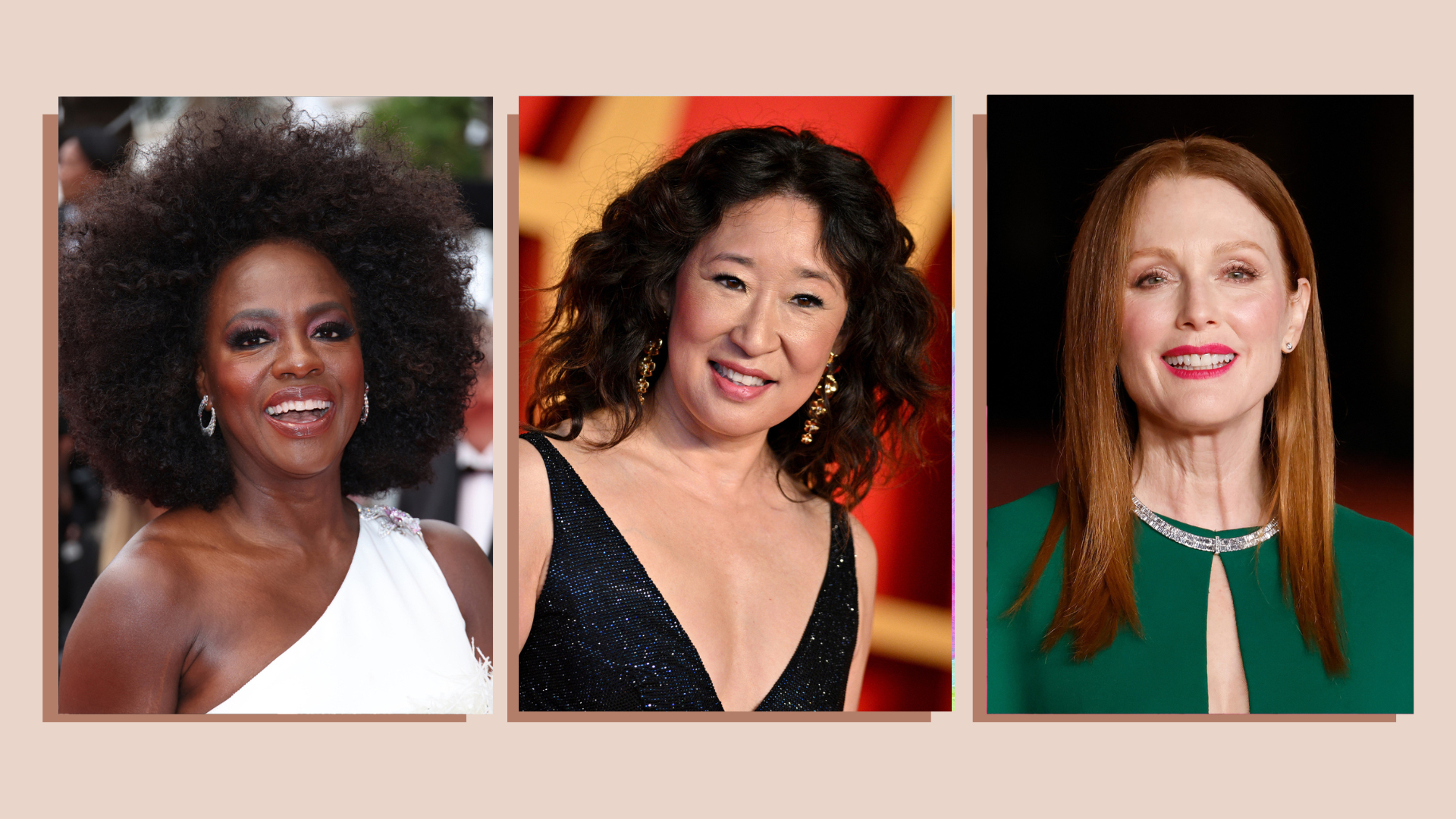
When it comes to hair tips, some are worth following and others aren’t necessarily what you’d call must-try. With decades of experience interviewing some of the industry’s leading hair experts, the woman&home team knows dozens of tips that come straight from professional hairdressers – tips that we’ve handily collated together in this very guide.
From the products that are worth having in your haircare arsenal to daily and weekly habits that are worth making (and breaking), these are the 32 hairdresser tips that are well worth knowing about. While there are different tips for different hair types, we’re confident you’ll leave here with some new hair styling tips at your disposal.
32 hairdresser tips to know about
1. Do a weekly hair mask
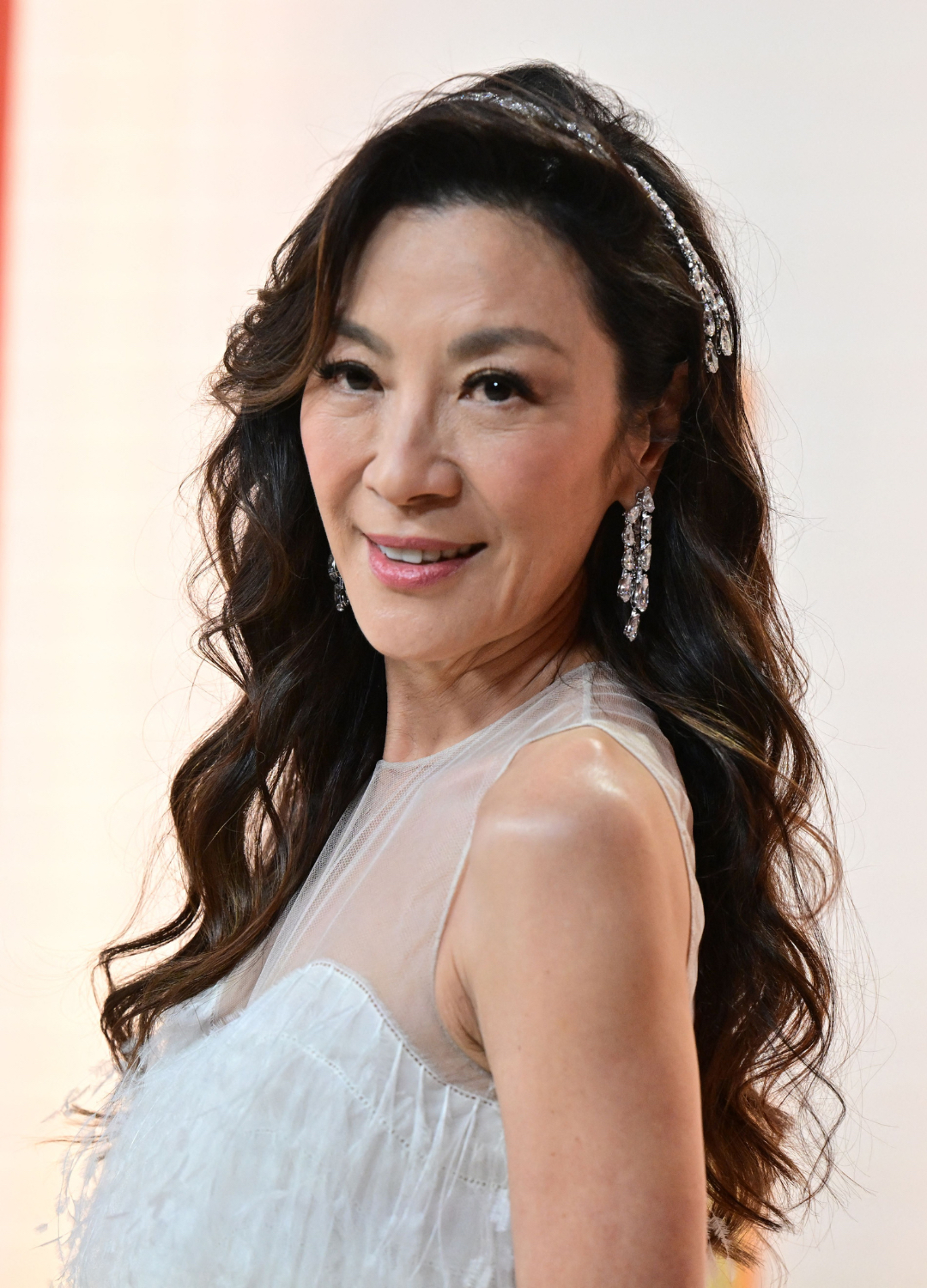
Taking the time to apply a nourishing, repairing and strengthening treatment once a week is one of the best things you can do for your hair – something we can attest to as we’ve tried many of the best hair masks on the market.
2. Get regular trims

Frequent trims both remove and help to keep split ends at bay, leaving your cut looking fresh. If your goal is for your hair to appear thicker, maintaining blunt ends creates a thicker appearance.
3. Don’t sleep with wet hair
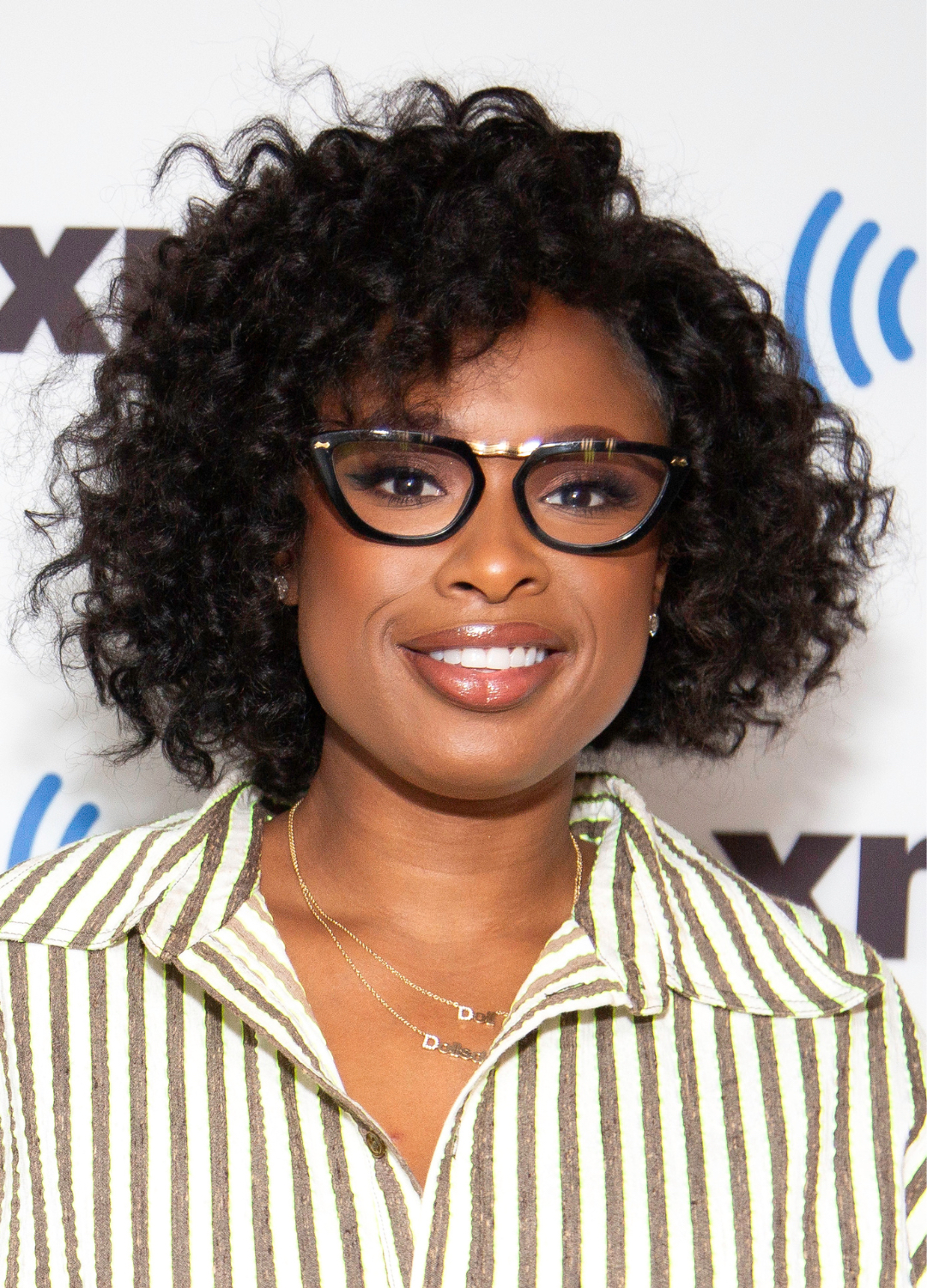
Your hair is weaker when it’s wet, so sleeping with wet hair increases the risk of breakage from the friction against the pillow. It's therefore well worth making sure it's completely dry before you go to sleep.
4. Use a silk pillow case

Using a silk or satin pillow case helps to reduce the friction on your hair, which in turn reduces the mechanical damage and excess frizz generated while you sleep. Bonus: they’re gentle on your skin, too.
5. Use a hair oil
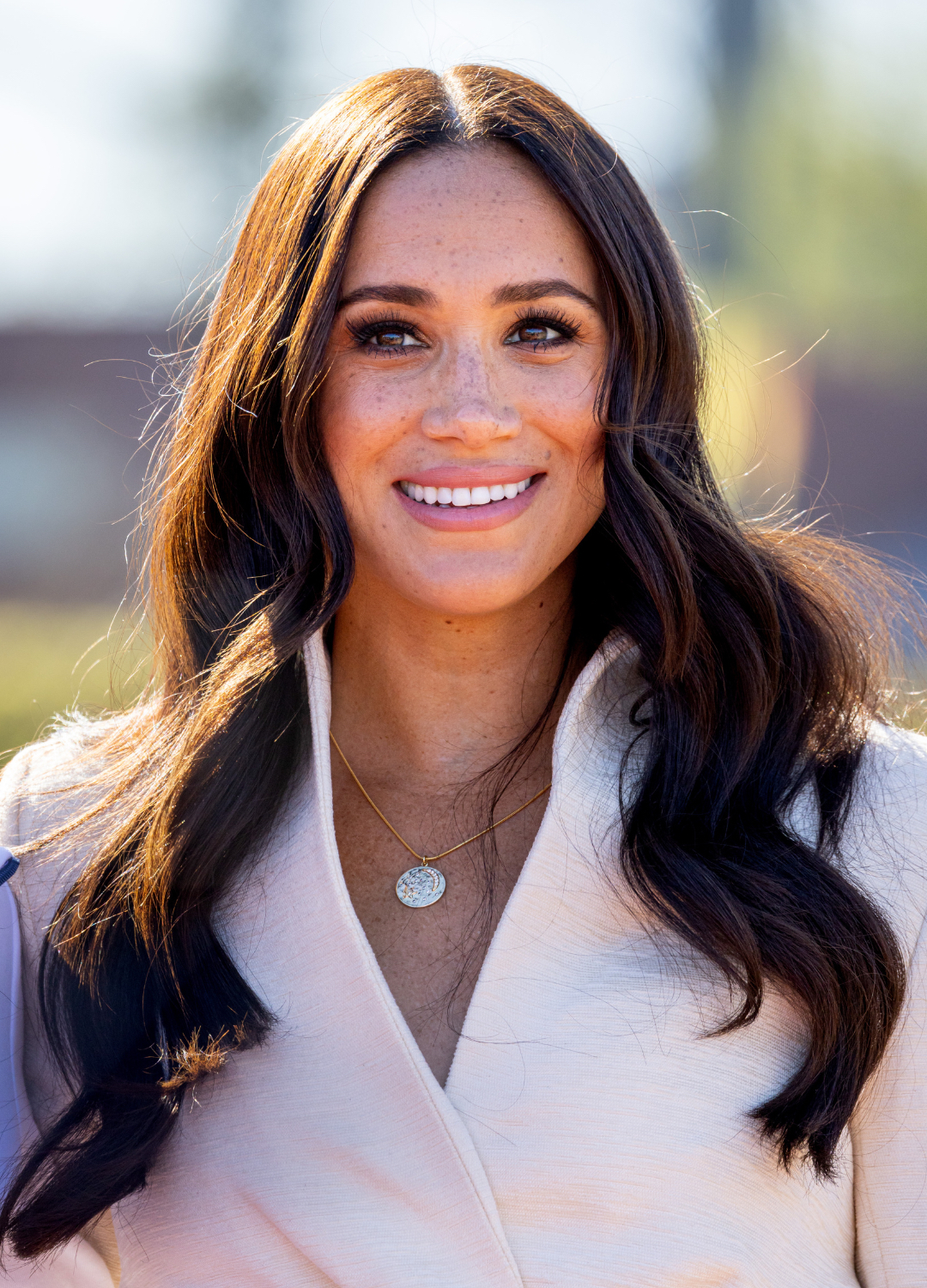
Hair oils are a great way to keep hair moisturised, particularly during the colder and drier months. Depending on your hair type and how absorbent it is, you may find that leaving it in is more beneficial, or that applying it as a pre-shampoo treatment works best for your hair.
6. Don’t rub your hair with a towel
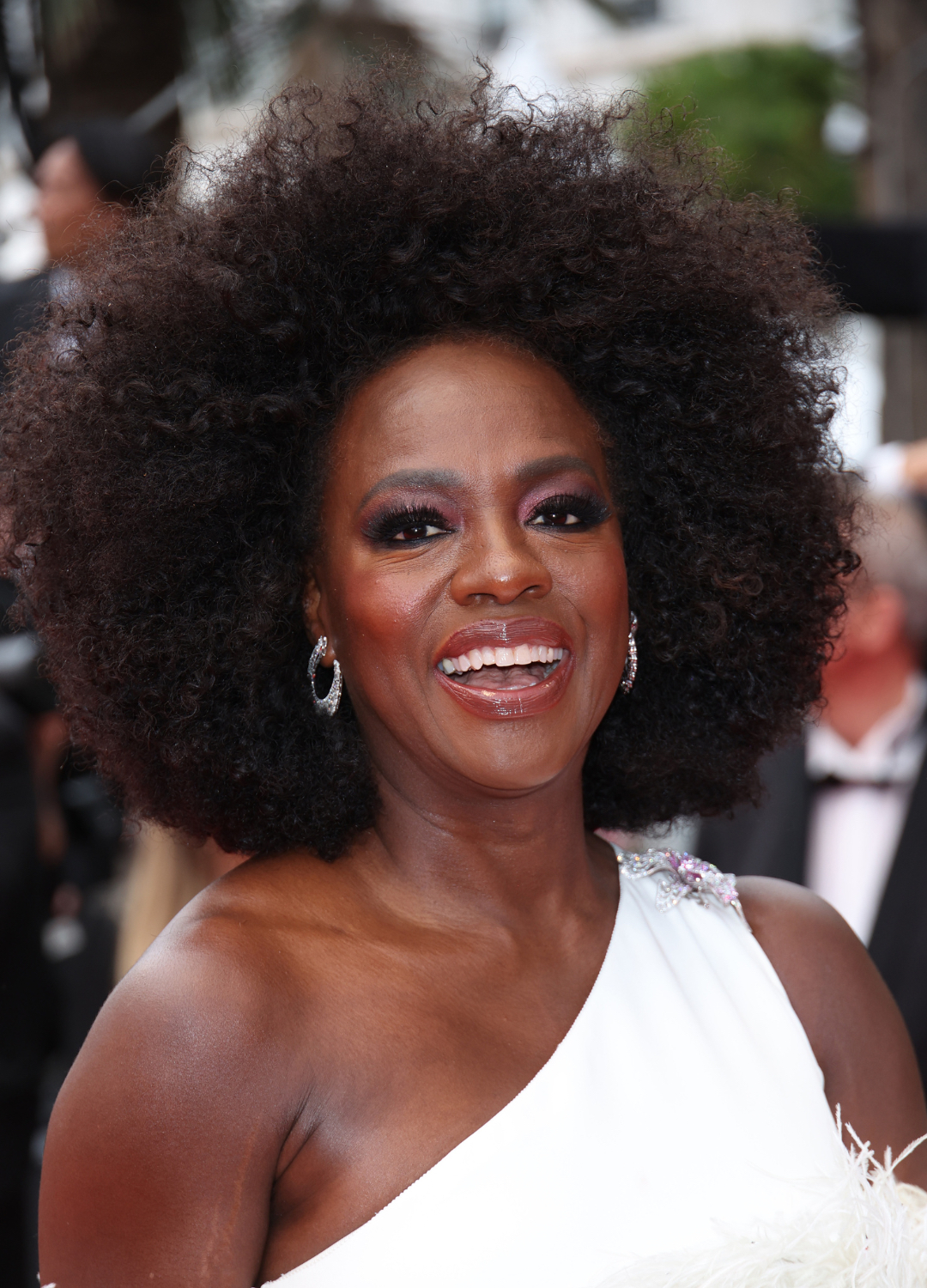
Rubbing your hair with a towel in a bid to dry it post-hair wash inflicts unnecessary friction on it and can lead to breakage. Instead, gently squeeze the excess moisture out of your hair. Some microfibre towel designs feature a button to secure them in place while they draw out the water.
7. Always apply heat protection
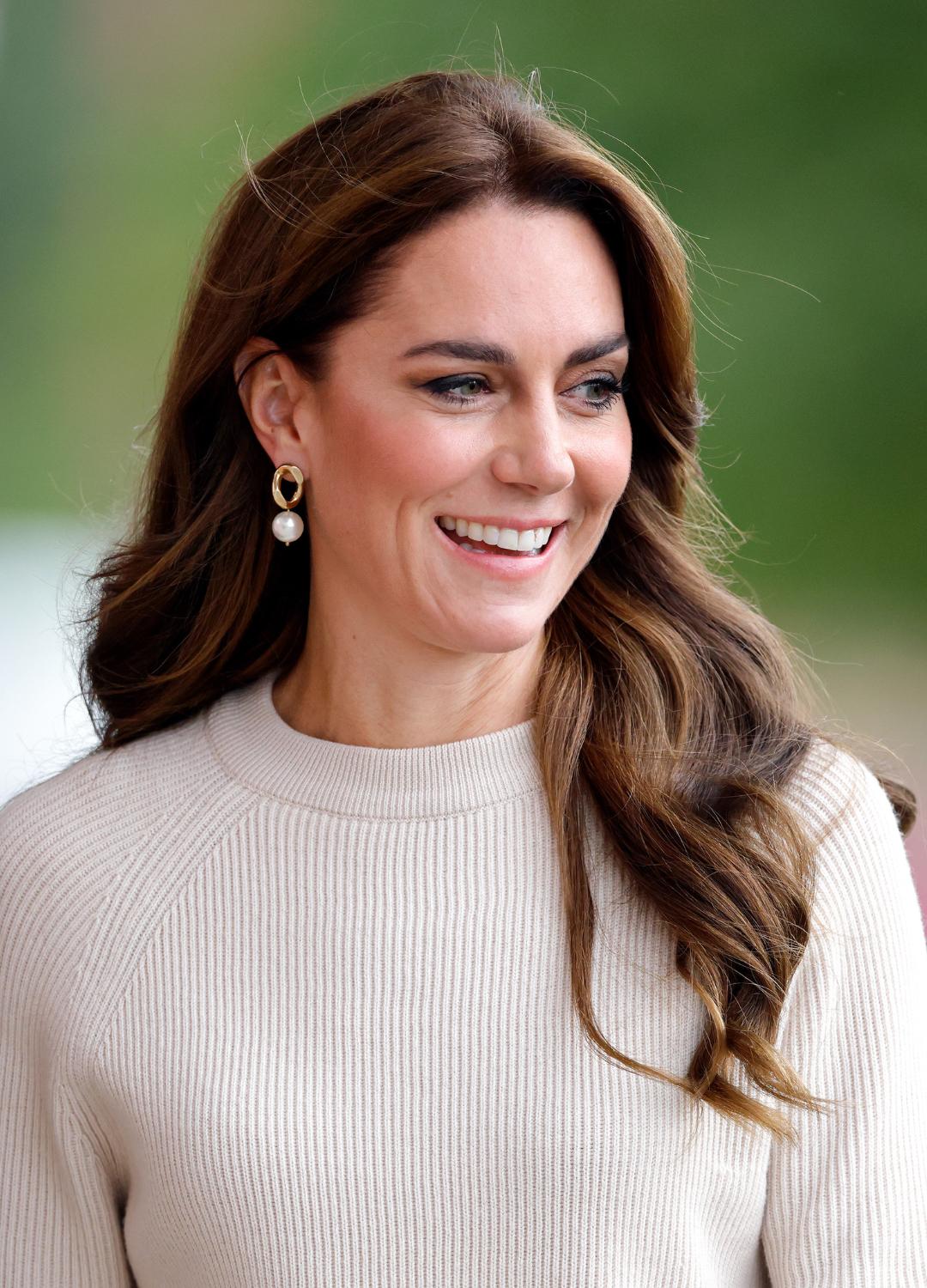
If you use any kind of heat on your hair, be it blow drying or using the best hair straighteners, shielding it from those high temperatures is crucial for your hair health to limit the resulting damage.
8. Care for your scalp

Any hairdresser or hair expert will tell you that healthy hair starts at the scalp. A gentle scalp scrub or dedicated scalp toner helps to exfoliate the scalp and remove build-up, creating a healthier environment for your hair.
9. Use a clarifying shampoo

A clarifying shampoo is an extra thorough formula that removes product build-up that accumulates over time - a bit like a deep clean that gives your scalp and hair a “reset”.
10. Protect in the sun

As well as protecting your skin, it's important to take appropriate steps to shield your hair when outdoors. The sun can dry out our hair and accelerate colour fade, so be sure you protect both your hair and scalp by wearing a hat and using a dedicated spray.
10. Don't cut your own hair
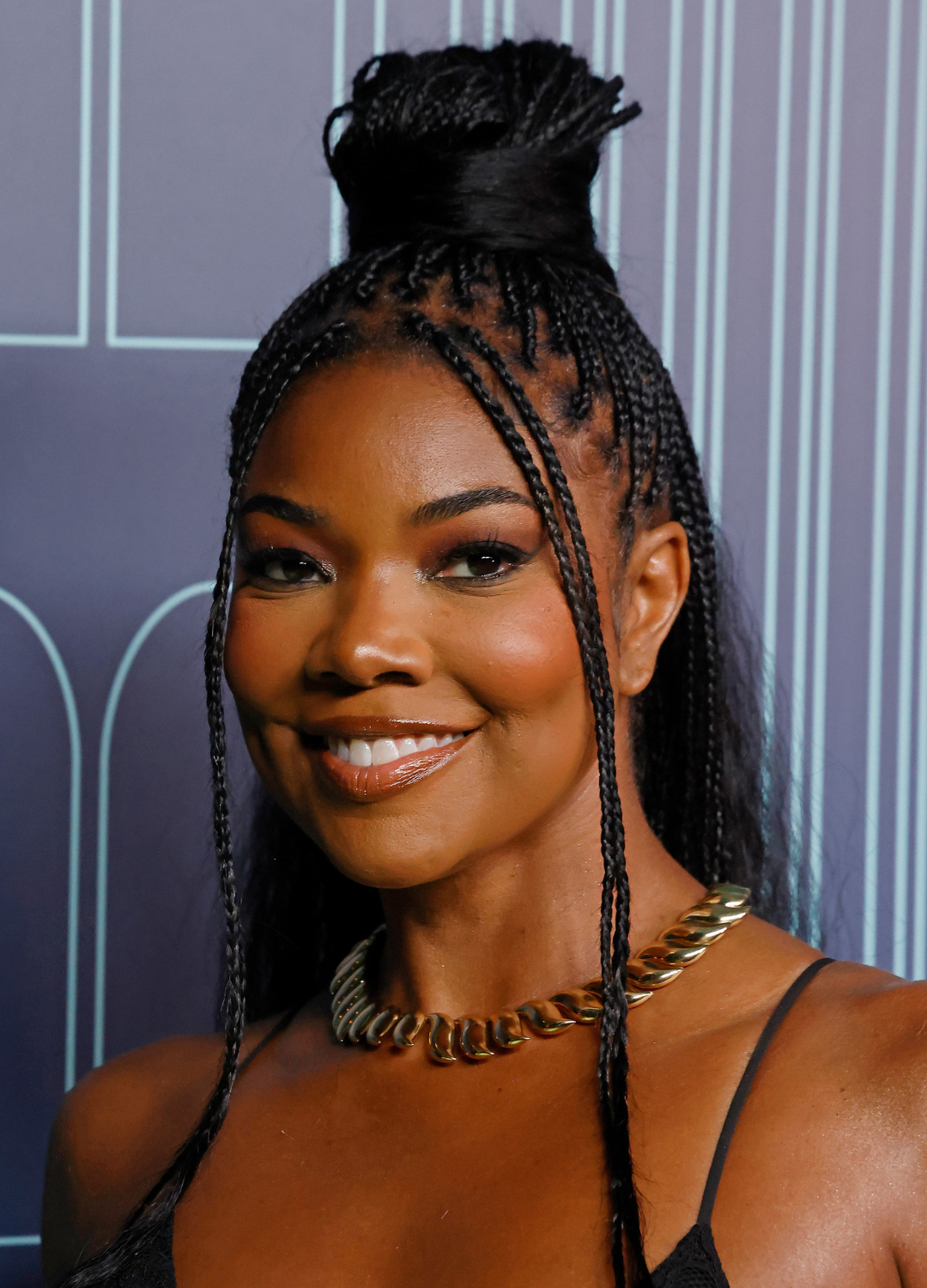
It can be tempting, but remember that hairdressers have a lot of training and years of experience in cutting hair. It’s well worth resisting and booking in for that salon appointment to ensure the shape is right and to avoid a DIY disaster.
11. Switch to a microfibre towel

Microfibre towels are gentler on the hair, causing less friction than a traditional bath towel, so they're well worth the investment for the sake of your hair. A 100% cotton T-shirt also does the job well of removing excess water when wrapped around your hair.
12. Brush very gently

Rough brushing of your hair is another way of inflicting mechanical damage onto your strands, so take a gentle approach anytime you're detangling or brushing through your hair.
13. Avoid excessive heat
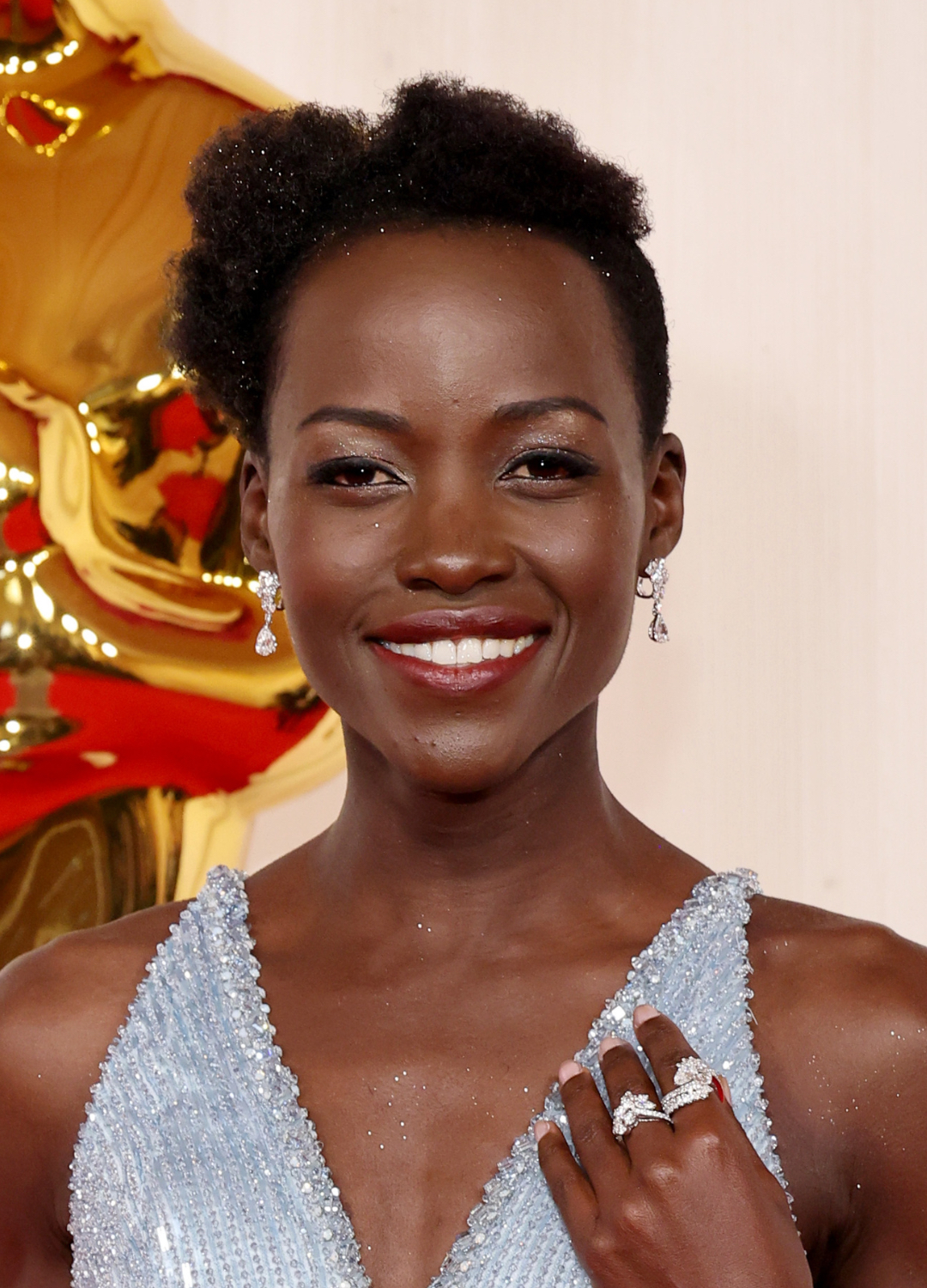
Even when you use heat protection, exposing your hair to lots and lots of heat from styling tools takes its toll on its health. Try to cut down the amount of heat you use on your hair if you can – and make the most of a reparative treatment to help strengthen it between styling.
14.Try a protein treatment

Protein treatments are a great way to strengthen your hair. However, be sure not to over-use these treatments as too much of a protein build-up can leave the hair brittle – use them occasionally when you feel your hair needs.
15. Adapt your drying
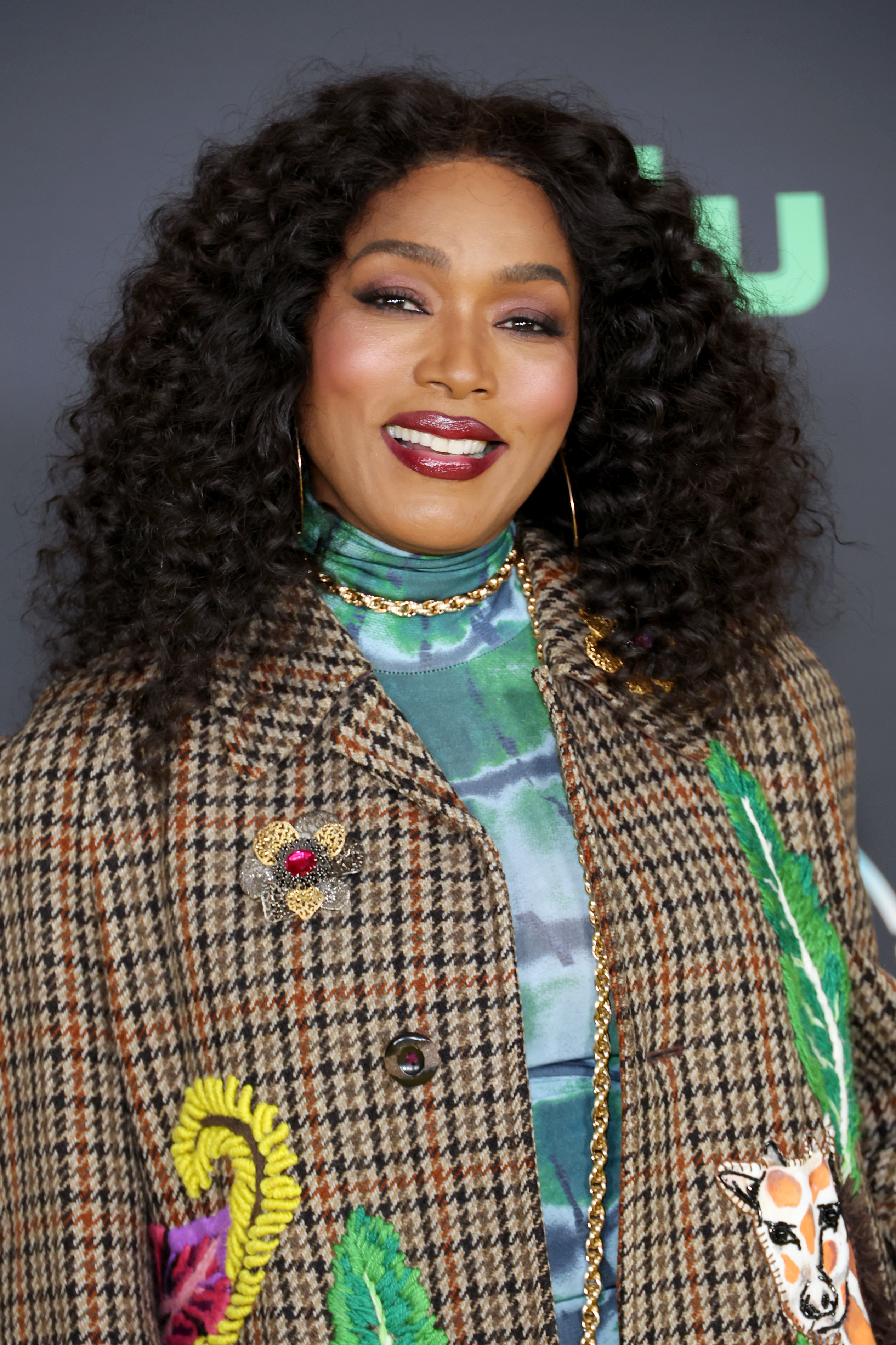
Another great tip is to use a dedicated hair dryer attachment or tool that will work well with your hair type – particularly in the case of curly hair types – be it a diffuser for curly hair or a hood dryer for coilier hair types.
16. Try a gloss

Opting for a gloss treatment in the salon, whether it's a colour or clear gloss, is a great way to refresh your hair and boost its shine between colour appointments if applicable.
17. Be specific with your shampoo choice

Ensuring that your shampoo (and conditioner!) are tailored to your hair's unique needs – be it curl definition, extra moisture or volume, for example – is a great way to fortify your haircare routine and ensure that it benefits your hair as much as possible.
18. Don't wear ultra-tight hairstyles too often

Wearing very tight hairstyles with lots of tension can put significant stress on the hair and may even result in breakage or increased shedding if worn too often – so be mindful of this when styling your hair in any updos.
19. Opt for clever colour

Your hair has a big impact on your overall appearance and, more specifically, clever colour can make a world of difference. Multidimensional colour that’s a bit brighter around the face, for example, can warm up complexion, while balayage can mimic sun-kissed strands or accentuate curls.
20. Consider a supplement

Some dietary supplements can help with the overall health of your hair, which in turn can help to strengthen it and support its growth. Always check with your doctor before taking a new supplement to ensure it’s appropriate for you.
21. Carry a brush with you

Particularly when wearing your hair in straighter styles, brushing the ends through the day to ensure they are smooth keeps them looking fresh, so it’s a good idea to carry a brush with you to do so as and when you feel the need.
22. Don't over-use styling products

This is particularly important if you have thin strands or thinning hair that may get weighed down by excess product. Remember that you can always add a little more, but you can’t “take away” product once it’s applied.
23. Try bond-building products
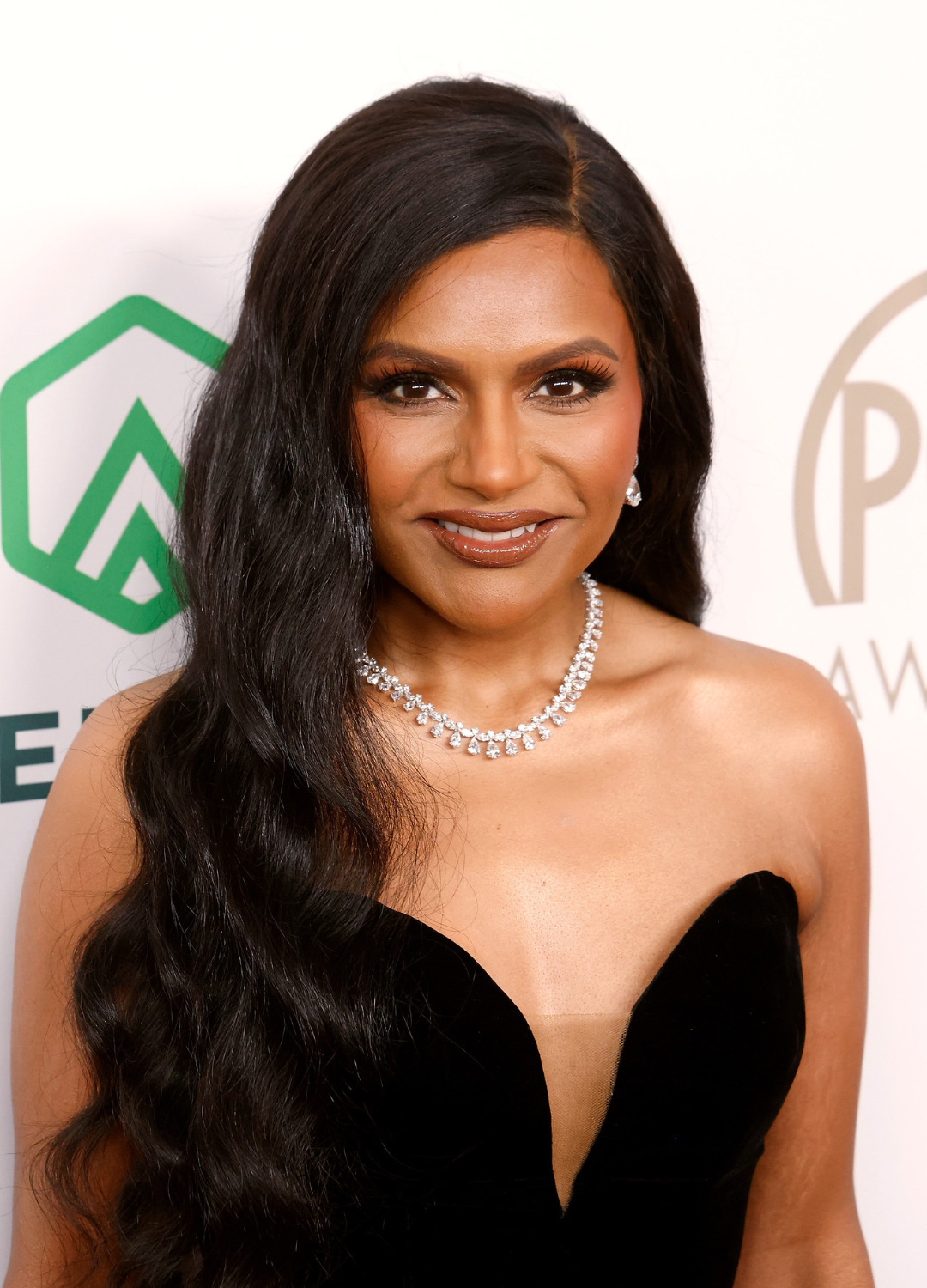
Bond hair repair treatments, like Olaplex, are brilliant for damaged hair types, working to heal broken bonds within the hair and leave strands stronger. Bond builders are particularly useful for hair that is regularly exposed to heat or chemical treatments, such as colour.
24. Brush from the ends up
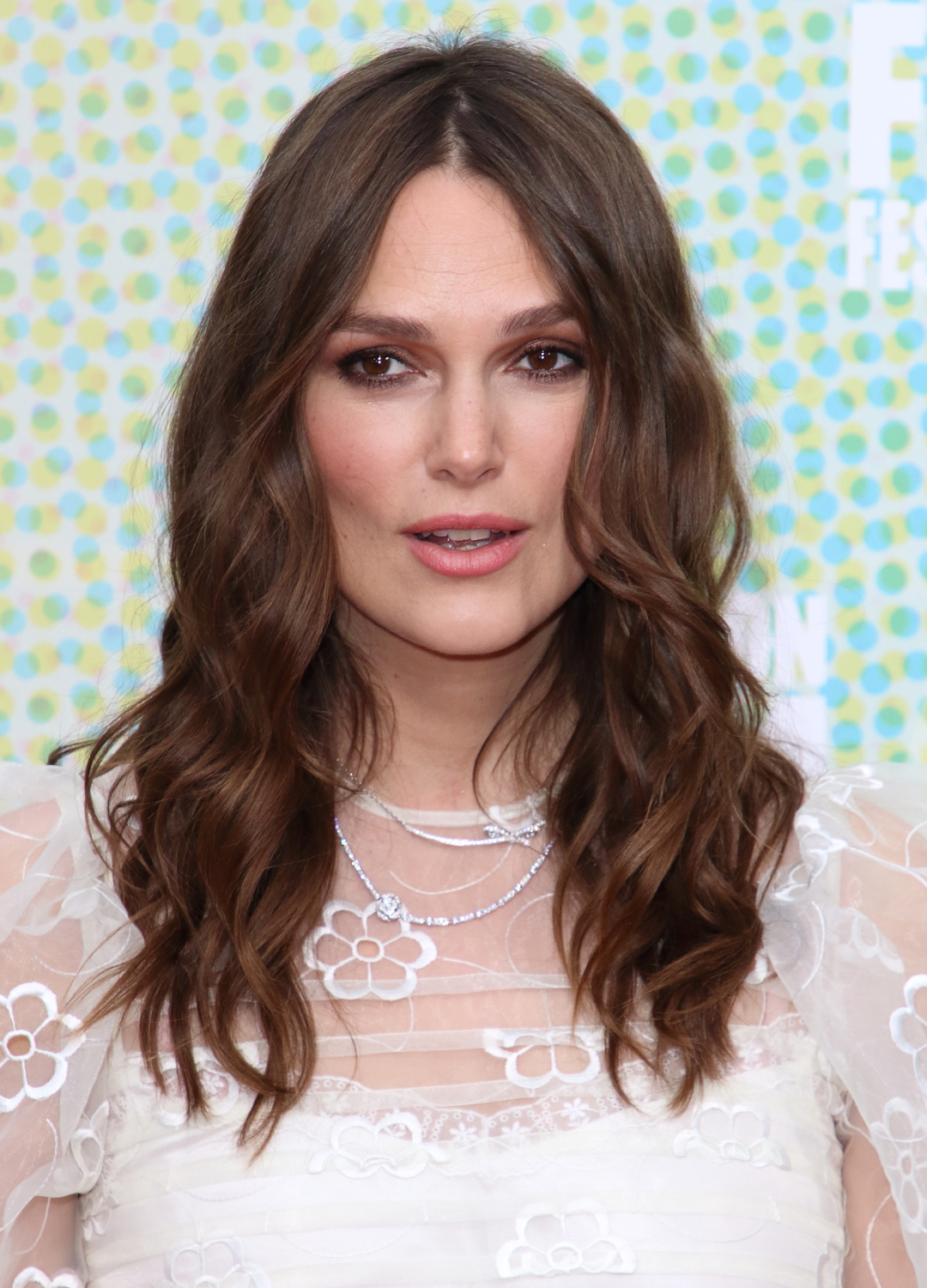
If you are detangling your hair, brushing through from the roots can put a lot of stress on your strands – you may even cause unintentional breakage from brushing so roughly. Instead, work gently from the ends up.
25. Don't skip conditioner

While the specific formula and amount you apply will be dependent on your hair type, conditioner is an important step to help maintain your hair’s moisture levels. Generally speaking, thick, coarse and (or) curly hair will need more moisture than flat and fine hair, for example, but all benefit from using some kind of conditioner.
26. Invest in silk or satin scrunchies
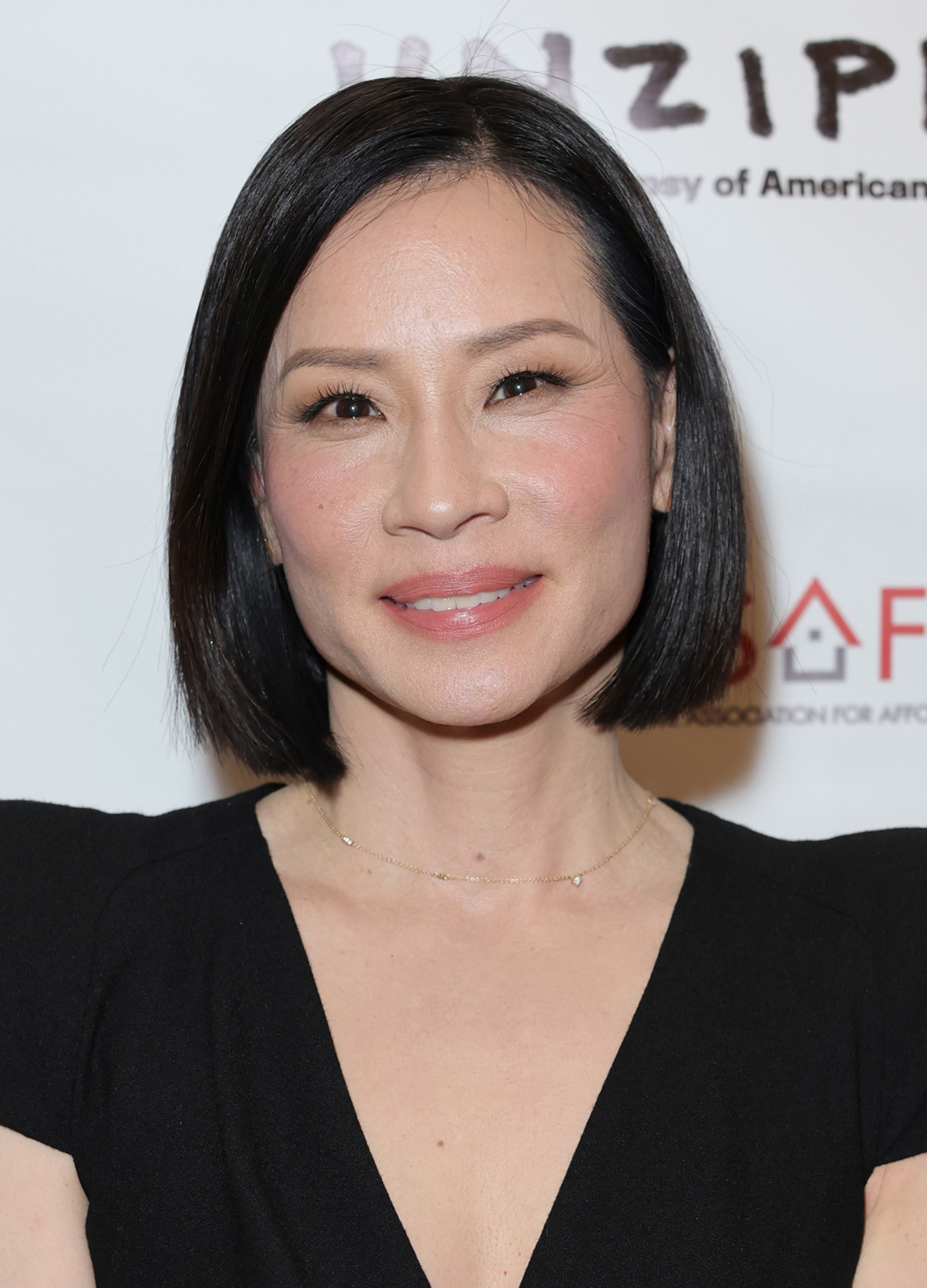
Just like a silk pillowcase, silk or satin scrunchies are also gentler on the hair due to the reduced friction of the material, and are a particularly good choice when sleeping with your hair up.
27. Wash your hair brushes

As well as removing any hair that’s accumulated over time, it’s a good idea to clean your hair brushes and combs semi-regularly to keep them free from build-up and product residue.
28. Try a purple shampoo for blondes
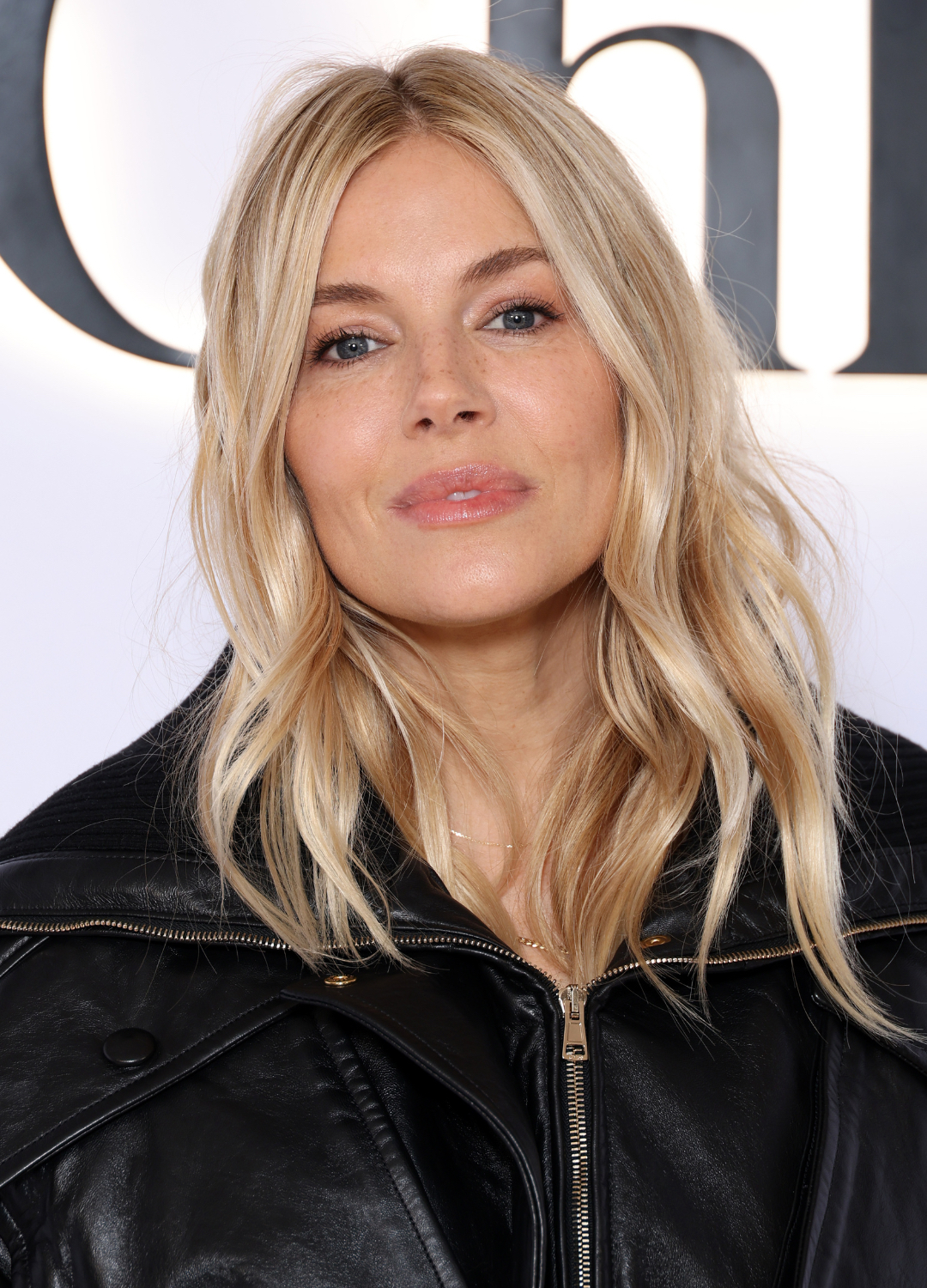
If you like your blonde hair to be quite icy rather than buttery and golden, using a purple shampoo every now and then will really help to knock out any brassy tones. Similarly, a blue shampoo will neutralise unwanted reddish tones in brunette hair.
29. Don't wash with super hot water

Not using excessive heat on your hair also extends to when you’re in the shower. Avoid using excessively hot water to wash your hair as this can strip the hair and leave it drier.
30. Double shampooing

Many hairdressers recommend double shampooing to give your hair a thorough cleanse of any build-up and dirt, before you apply your conditioner.
31. Clean you hair tools

As well as cleaning any filters on your hair dryer or hot brushes regularly, it’s also worth cleaning any of your heated styling tools, like hair straighteners and tongs, to keep them free from oils and product build-up.
32. Sleep with your hair up
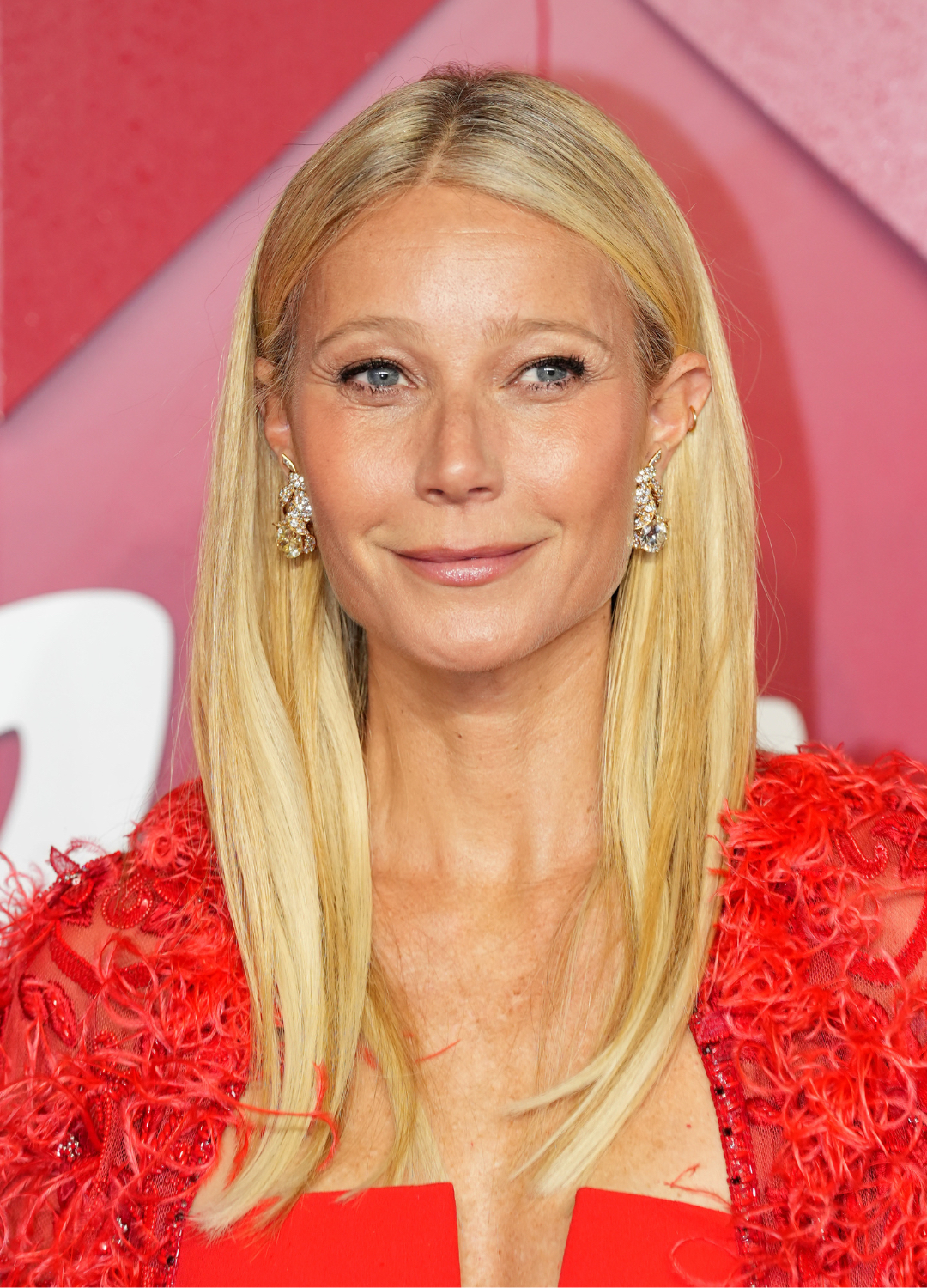
Sleeping with your hair tied (not too tightly!) up is another good way to reduce the friction of your hair against the pillow, a tip that Queer Eye star and hairdresser Jonathan Van Ness regularly recommends following.







